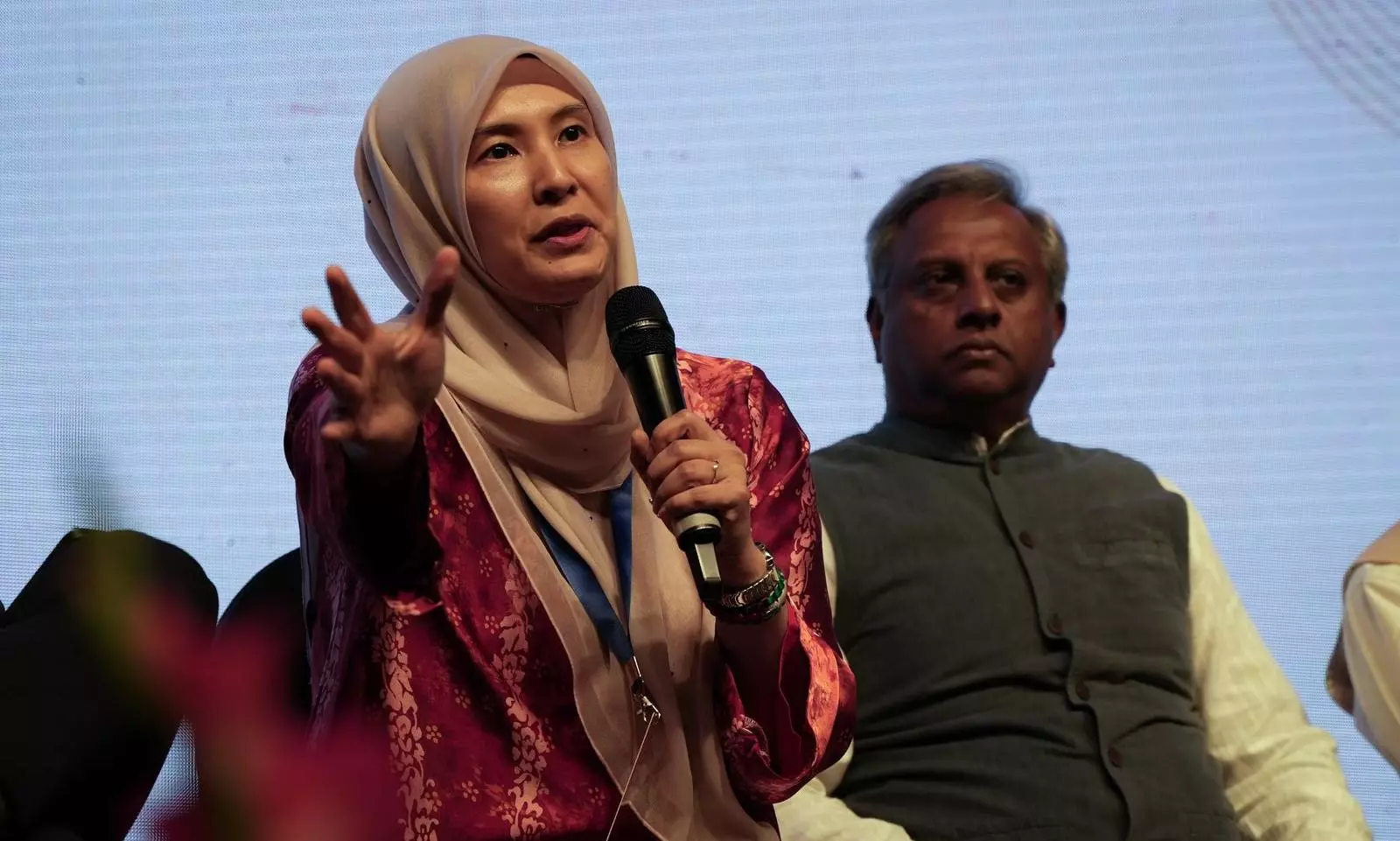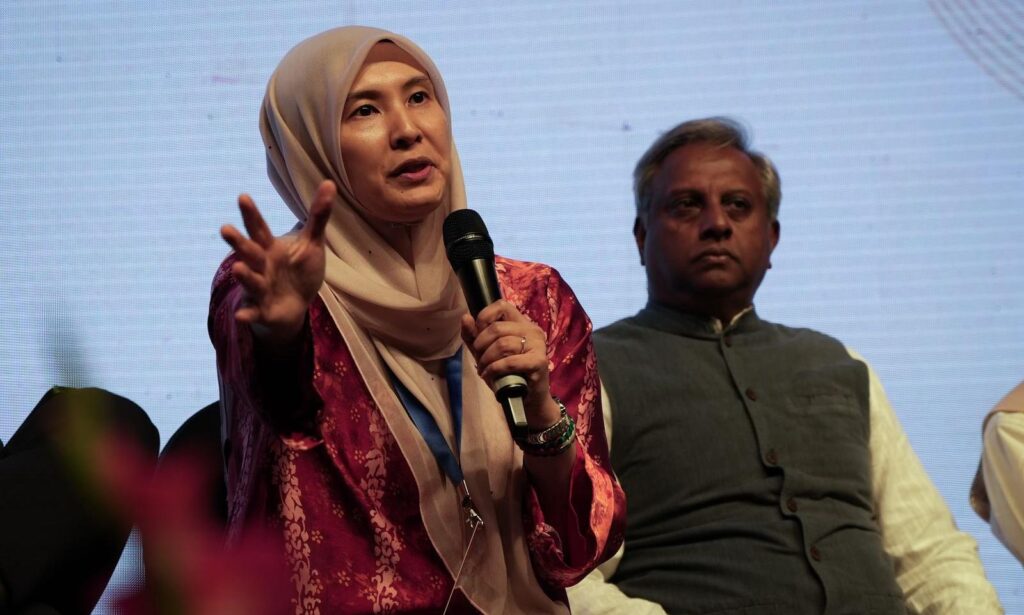
Hyderabad: As democracies deal with shrinking space for dissent, wrongful arrests, and conflict, the challenge of protecting civil liberties and national security is becoming harder to ignore. Nurul Izzah Anwar, daughter of Malaysian Prime Minister Anwar Ibrahim and a politician known for her work on human rights, said this balance was critical in today’s climate. Speaking to Deccan Chronicle at the first Bharat Summit, she said that without serious course correction, democracies would keep failing the very people they claimed to represent. She said the Pahalgam attack had made it even more important to defend freedoms without giving up on safety.
“Defending your borders is important, but defending your people’s rights is just as important,” she said. The real test for any democracy, she added, was whether it worked for ordinary citizens, not just for political elites. Anwar said growing economic gaps, worsened by the Covid-19 pandemic, had fed into majoritarian fears and pushed societies closer to breaking points.
Asked about the detention of student protesters in India, Anwar said, “I really hope good and common sense will prevail in these difficult moments,” and warned that democracies lose their soul when they silence criticism instead of listening to it. She said that true resilience lies in allowing spaces for dissent, even under pressure.
Global power shifts and trade wars also formed part of the conversation. Anwar said the Global South must stop relying on outdated strategies and find new ways to negotiate. “We cannot live in a status quo that has already failed us,” she said. She called for longer planning horizons, similar to the 50- to 100-year visions instead of reacting to the daily provocations.
At home, Malaysia faces its own internal tensions. Anwar said many indigenous Malay citizens feel threatened by change, especially after the pandemic battered lower income households. She said the unity government is trying to prove that diversity strengthens, rather than weakens, the rights of the majority. Without real economic inclusion, she warned, the political ground would stay unstable.
Anwar also spoke about the growing divide between young men and women in many parts of the world. Boys, she said, were feeling left out of educational and economic progress, and many were turning more right-wing as a result. “It is tearing societies apart at the seams,” she said. “Malaysia is trying to tackle this by creating better career paths through technical education, so that progress does not feel like a zero-sum game.”
Throughout the conversation, Anwar made it clear that democracies must move beyond empty promises. It was not enough to hold elections and make speeches, she said. People must be able to see that their lives are getting better or else the idea of democracy itself will continue to erode.

